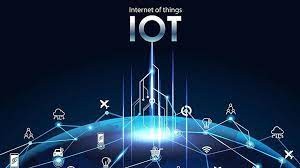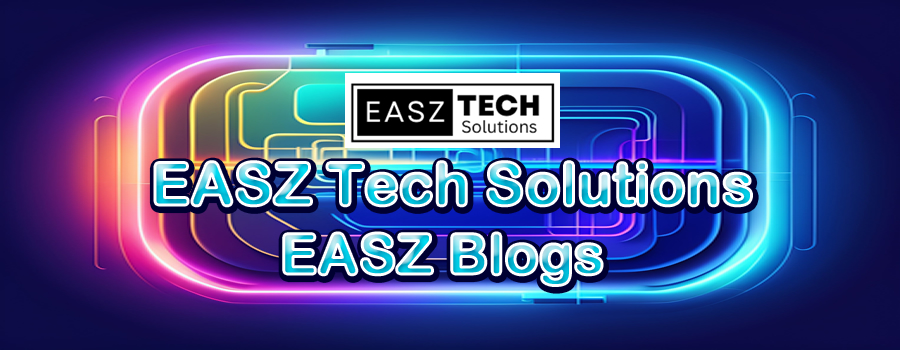
The Role of IoT in Building Sustainable and Efficient Smart Cities
The Internet of Things (IoT) is a technology that has been rapidly gaining traction in the UAE and Saudi Arabia. IoT refers to a network of connected devices that can communicate with each other and exchange data without human intervention. These devices can be anything from smart homes and cars to industrial machinery and medical equipment.
The practical implementation of IoT technology in the UAE and Saudi Arabia has been particularly noteworthy in recent years. In the UAE, for instance, the government has launched several initiatives to encourage the adoption of IoT technology across various sectors, including healthcare, transportation, and smart cities. Meanwhile, in Saudi Arabia, IoT is being used to improve the efficiency of industries such as oil and gas, manufacturing, and agriculture.
Latest IoT Applications in the UAE and Saudi Arabia
In the UAE, IoT technology has been used to develop smart cities that are more efficient and sustainable. For example, the Dubai Electricity and Water Authority (DEWA) has launched the Smart Grid initiative, which uses IoT to monitor and optimize energy consumption in real time. Similarly, the Abu Dhabi government has implemented the Estidama Pearl Rating System, which uses IoT to monitor and manage the environmental performance of buildings.
In Saudi Arabia, IoT has been implemented in several industries, including oil and gas. Saudi Aramco, the world’s largest oil producer, has adopted IoT to improve the efficiency and safety of its operations. The company uses IoT sensors to monitor equipment and predict maintenance needs, reducing downtime and increasing productivity.
Benefits of IoT Technology
The adoption of IoT technology in the UAE and Saudi Arabia has several benefits. For one, IoT can improve the efficiency of industries by enabling real-time monitoring and control of equipment. This can reduce downtime and increase productivity. Additionally, IoT can help reduce energy consumption and carbon emissions by optimizing the use of resources.
Another benefit of IoT technology is its potential to improve healthcare. IoT devices can be used to monitor patient health remotely, enabling doctors to provide better care and make more informed decisions. IoT technology can also help reduce medical errors by automating certain processes and ensuring that patients receive the correct treatment.
Challenges of IoT Technology
Despite the many benefits of IoT technology, there are also several challenges that need to be addressed. One of the main challenges is security. IoT devices are often vulnerable to cyberattacks, and their interconnected nature can make it difficult to contain a breach. As a result, it is essential to implement robust security measures to protect IoT systems.
Another challenge of IoT technology is data privacy. IoT devices collect large amounts of data, including personal information, and it is important to ensure that this data is handled securely and ethically. This requires implementing strong data protection policies and adhering to privacy regulations.
Conclusion
In conclusion, IoT technology has significant potential to transform various industries in the UAE and Saudi Arabia. The technology is already being used to improve the efficiency of industries, reduce energy consumption, and improve healthcare. However, there are also challenges that need to be addressed, such as security and data privacy. By implementing strong security measures and adhering to privacy regulations, the benefits of IoT technology can be fully realized in the Middle East and beyond.



